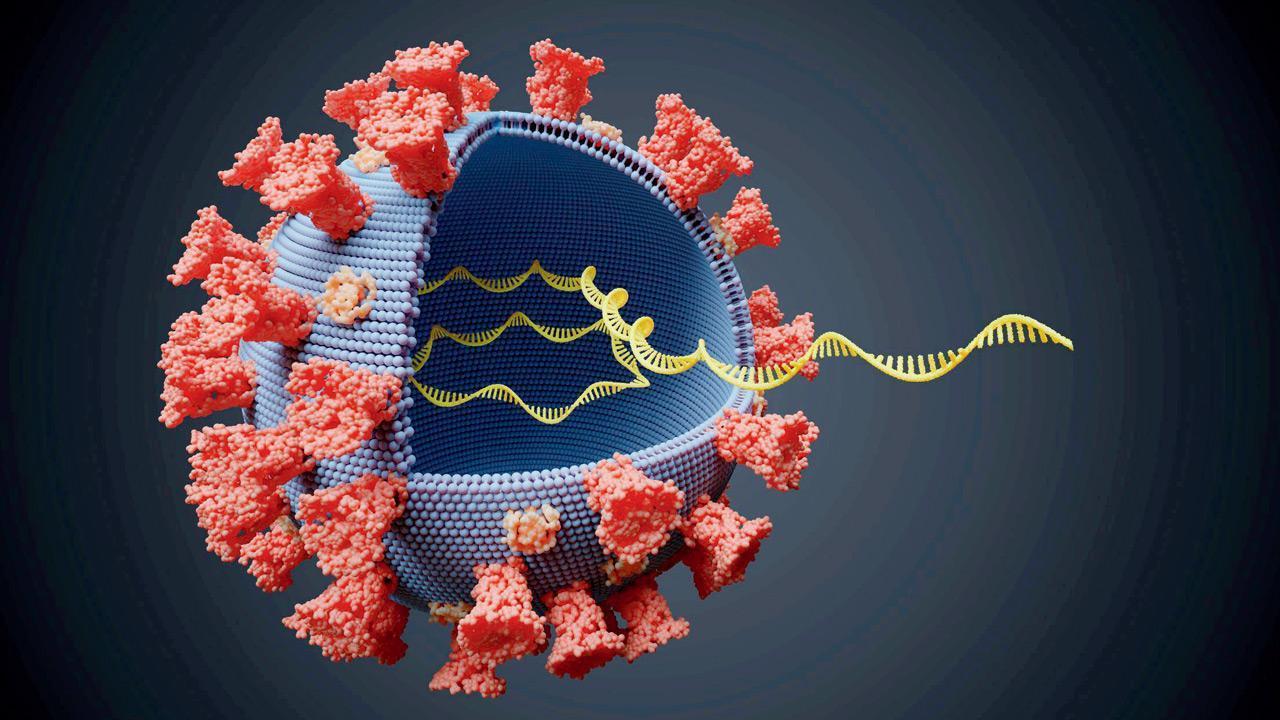There have been no reports of new variants to date. But given the country's track record, the worry is that China may not be sharing data on any signs of evolving strains that could spark fresh outbreaks elsewhere

Representation pic
Moves by the US, Japan and others to mandate Covid-19 tests for passengers arriving from China reflect global concern that new variants could emerge in its ongoing explosive outbreak ' and the government may not inform the rest of the world quickly enough. There have been no reports of new variants to date. But given the country's track record, the worry is that China may not be sharing data on any signs of evolving strains that could spark fresh outbreaks elsewhere.
The US, in announcing a negative test requirement on Wednesday for passengers from China, cited both the surge in infections and what it said was a lack of information, including the genomic sequencing of the virus strains in the country. Japanese Prime Minister Fumio Kishida expressed a similar concern about a lack of information when he announced a testing requirement for passengers from China earlier this week.
More broadly, Director-General Tedros Adhanom Ghebreyesus said recently that the WHO needs more information on the severity of the outbreak in China, particularly regarding hospital and ICU admissions, 'in order to make a comprehensive risk assessment of the situation on the ground.' India, South Korea, Taiwan and Italy have also announced various testing requirements for passengers from China. German health authorities are monitoring the situation but have not taken similar pre-emptive steps.
Also read: Explainer: Advantages, side effects, here's all you need to know about Covid-19 nasal vaccine
"We have no indication that a more dangerous variant has developed in this outbreak in China that would be grounds to declare a virus variant area, which would bring corresponding travel restrictions,' Health Ministry spokesperson Sebastian Guelde said. Chinese Foreign Ministry spokeswoman Mao Ning said last week that China has always shared its information responsibly with the WHO and the international community.
'We stand ready to work with the international community in solidarity to tackle the Covid challenge more effectively, better protect people's lives and health and jointly restore steady economic growth and build a global community of health for all,' she said. China rolled back many of its tough pandemic restrictions earlier this month, allowing the virus to spread in a country that had seen relatively few infections since an initial devastating outbreak in the city of Wuhan in early 2020.
The spiralling of infections led to shortages of cold medicine, long lines at fever clinics, and emergency rooms turning away patients because they were at capacity. Cremations have risen several-fold, with a request from overburdened funeral homes in the city of Guangzhou for families to postpone funeral services until next month.
China has not reported this widely and blamed Western media for hyping up the situation. The government has been accused of controlling information about the outbreak since the start of the pandemic. An AP investigation showed that China was controlling dissemination of its internal research on the origins of Covid-19 in 2020. A WHO expert group said in a report this year that 'key pieces of data' were still missing on the how the pandemic began and called for a more in-depth investigation.
This story has been sourced from a third party syndicated feed, agencies. Mid-day accepts no responsibility or liability for its dependability, trustworthiness, reliability and data of the text. Mid-day management/mid-day.com reserves the sole right to alter, delete or remove (without notice) the content in its absolute discretion for any reason whatsoever
 Subscribe today by clicking the link and stay updated with the latest news!" Click here!
Subscribe today by clicking the link and stay updated with the latest news!" Click here!










